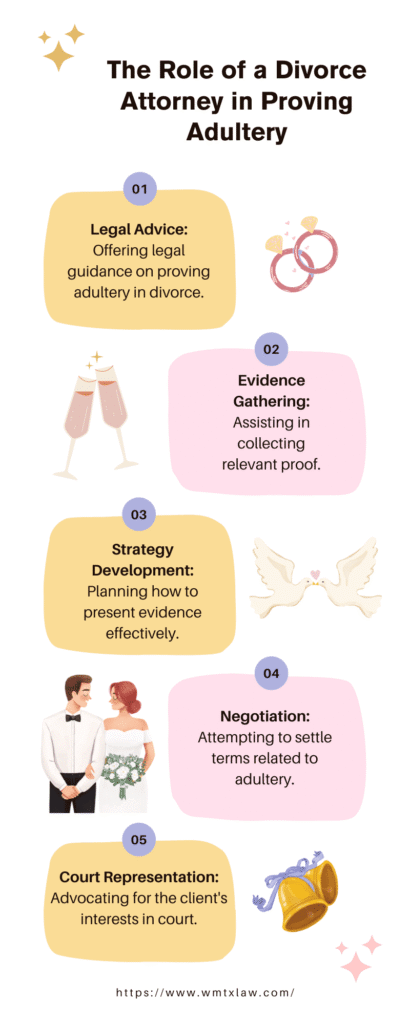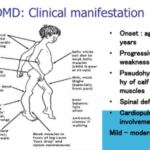Divorce is a complex legal process that often involves navigating difficult emotions and financial considerations. One common question that arises during divorce proceedings is how adultery, or cheating, might affect the division of assets. While it’s understandable to wonder if does wife get half in divorce if she cheated, the answer isn’t straightforward.
This article will delve into the intricacies of divorce and property division, exploring how adultery can potentially influence asset distribution. We’ll examine the concept of equitable distribution, analyze the varying legal perspectives on infidelity, and emphasize the importance of seeking legal counsel to understand your specific rights and potential outcomes.
Divorce & Property Division
Divorce proceedings typically involve dividing marital assets and debts between spouses. This division aims to ensure a fair and equitable outcome for both parties involved. The legal framework governing property division varies across states, with some adhering to community property laws while others follow equitable distribution principles. Understanding the specific laws applicable in your jurisdiction is crucial for navigating this process effectively.
In community property states, assets acquired during the marriage are generally considered jointly owned and divided equally upon divorce. Conversely, equitable distribution states prioritize a fair division of assets based on various factors, including each spouse’s contributions to the marriage, economic circumstances, and length of the relationship.
Equitable Distribution

Equitable distribution is a legal principle that guides property division in many states. It aims to achieve a fair and just outcome rather than necessarily dividing assets equally. Courts consider numerous factors when determining equitable distribution, including:
- Length of the marriage: Longer marriages often result in a more equal division of assets.
- Economic circumstances of each spouse: Courts may consider income, earning capacity, education, and employment history.
- Contributions to the marriage: This encompasses both financial contributions (e.g., income, property ownership) and non-financial contributions (e.g., childcare, household management).
- Marital misconduct: While adultery is sometimes considered a factor, it doesn’t automatically result in a significant shift in asset distribution.
Adultery in Divorce Settlements
Adultery, or marital infidelity, can be a sensitive issue that arises during divorce proceedings. While some states may consider adultery as grounds for divorce, its impact on property division is less straightforward.
In many jurisdictions, adultery alone doesn’t automatically entitle one spouse to a larger share of assets. Courts generally focus on the overall fairness and equity of the division rather than solely punishing infidelity. However, in certain circumstances, evidence of adultery might be considered as part of a broader assessment of marital misconduct or financial impropriety.
Proving Adultery
Proving adultery can be challenging and often requires substantial evidence. Common forms of evidence include:
- Witness testimony: Individuals who have witnessed the adulterous behavior can provide firsthand accounts.
- Text messages, emails, or social media communications: These electronic records can serve as compelling evidence of infidelity.
- Photographs or videos: Visual documentation can be highly persuasive in proving adultery.
Impact of Infidelity on Assets

The impact of infidelity on asset division is highly dependent on the specific circumstances and applicable state laws. In some cases, adultery might not have a direct bearing on property distribution. However, in other situations, it could potentially influence the outcome:
- Financial misconduct: If adultery involves financial impropriety (e.g., hiding assets or spending marital funds), this could be considered during asset division.
- Emotional distress: While not directly impacting asset allocation, adultery can contribute to emotional distress and complicate negotiations, potentially leading to a less amicable settlement.
- Prenuptial agreements: Some prenuptial agreements may address the consequences of adultery, potentially influencing property division in the event of divorce.
State Laws and Divorce
Divorce laws vary significantly from state to state. Some states adhere to community property principles, while others follow equitable distribution guidelines. Furthermore, each state has its own specific rules regarding the consideration of adultery in divorce settlements.
It’s crucial to consult with a family law attorney in your jurisdiction to understand the applicable laws and how they might affect your case. An experienced attorney can provide personalized guidance based on your unique circumstances and help you navigate the complexities of divorce proceedings effectively.
Conclusion
While does wife get half in divorce if she cheated is a common question, the answer isn’t simple. Adultery’s impact on property division varies depending on state laws and specific case details. Equitable distribution principles generally prioritize fairness over punishment, meaning adultery alone doesn’t automatically guarantee one spouse receives half the assets.
Consulting with a family law attorney is essential for understanding your rights and potential outcomes in a divorce involving infidelity. An experienced legal professional can provide tailored advice, guide you through the process, and help you achieve a fair and equitable settlement.



